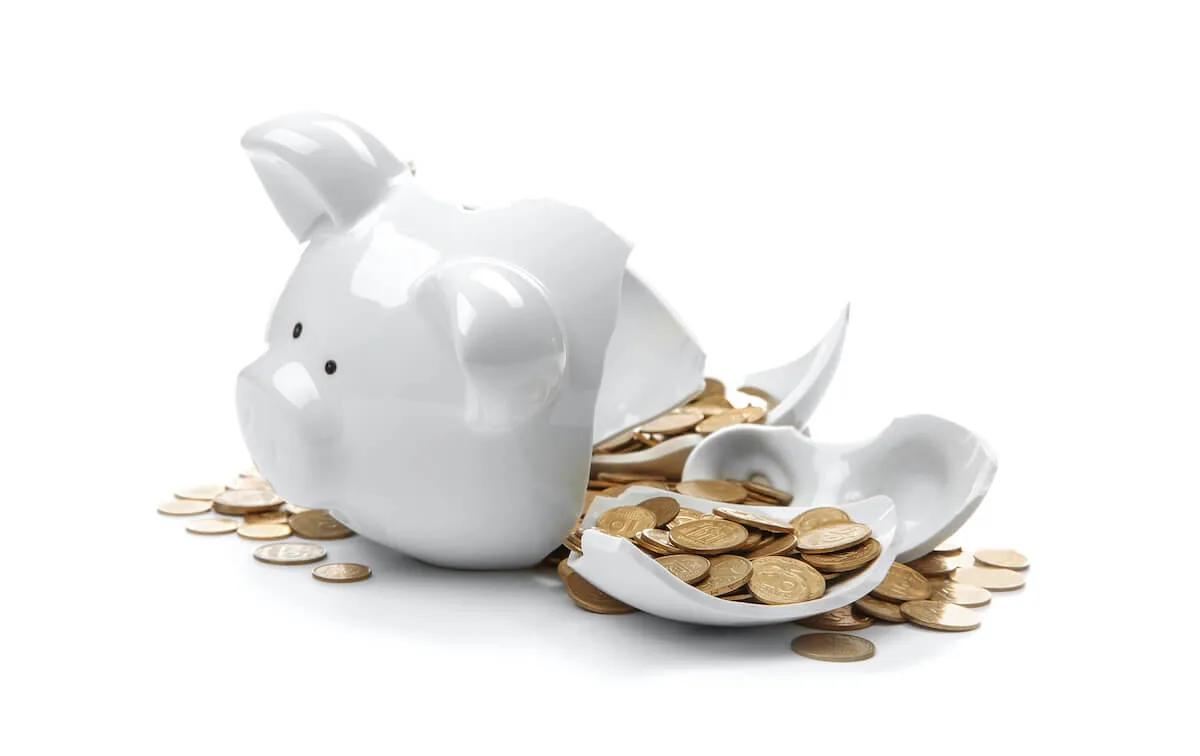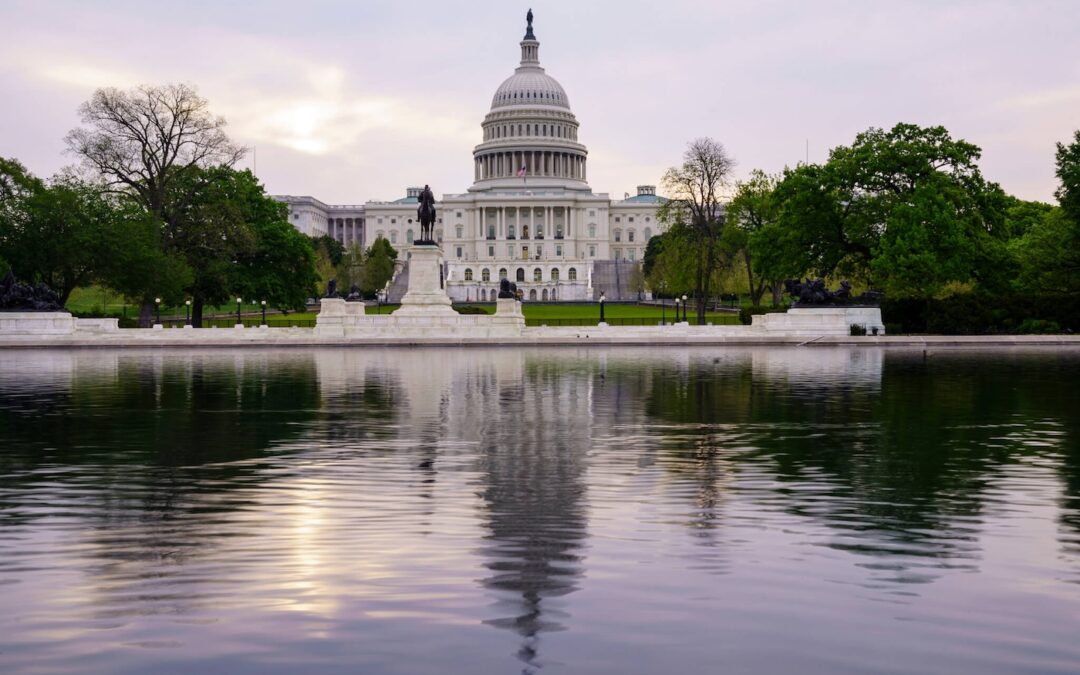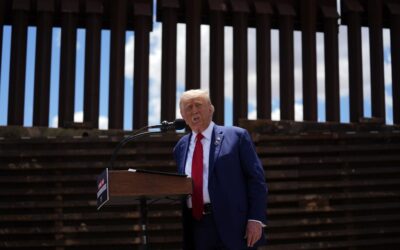
#image_title
State collects roughly $1.1 billion rather than nearly $2 billion previous April.
As anticipated, the COVID-19 pandemic is creating a huge dent in Wisconsin’s finances.
According to a memo released Wednesday by Bob Lang, director of the state Legislative Fiscal Bureau, state taxes collected in April totaled $1.1 billion. This is $870 million less than the nearly $2 billion collected in April 2019.
The trajectory through March had been looking good, with the state collecting 5.1 percent more in the same 9-month period that it had the previous year. Now, the 10-month period ending at the end of April shows collections are now $300 million below projections, according to the LFB memo.
Lang attributes the reduction in tax collection to the coronavirus pandemic and the extension of the income and franchise tax filing deadlines from April to July 15. The virus hit Wisconsin in February, prompting the governor to declare a public health emergency March 12.
By the end of March, a safer-at-home order was issued that closed non-essential businesses and largely shut down the state in order to prevent a surge that would overwhelm the healthcare system.
The state is scheduled to receive $2 billion through the Coronavirus Relief Fund of the federal CARES Act. That funding is to be used for expenditures made in response to the pandemic. It cannot be used to replace state revenue shortfalls, according to the LFB.
Lang points out that there are ongoing discussions that the guidelines may be modified or that additional federal funding may be made available through new legislation.
The state also has $655 million in its rainy day fund. Spending those funds requires legislative approval.

Wisconsin will get hit hardest from Trump’s trade war, analysis shows
The other 49 states have between 1% to 8% of their labor force working in industries getting hit by retaliatory tariffs. Nearly 10% of the Wisconsin...

Opinion: New year, new priorities from Congress? Or more of the same?
Opportunity Wisconsin calls on the state’s Republican Congressional delegation to prioritize Wisconsin families in 2025, though their record casts...

Sick of hidden fees on concert tickets and hotel stays? A new federal rule bans them.
Now, live event businesses and hotels must clearly list their prices in both their advertising and pricing information. American consumers on...

Opinion: I asked Congressman Bryan Steil to fight for fair taxes. Will he listen?
A Wisconsin advocate shares her experience advocating for fair taxes during her visit to Washington, DC. Recently, I had the opportunity to join...




